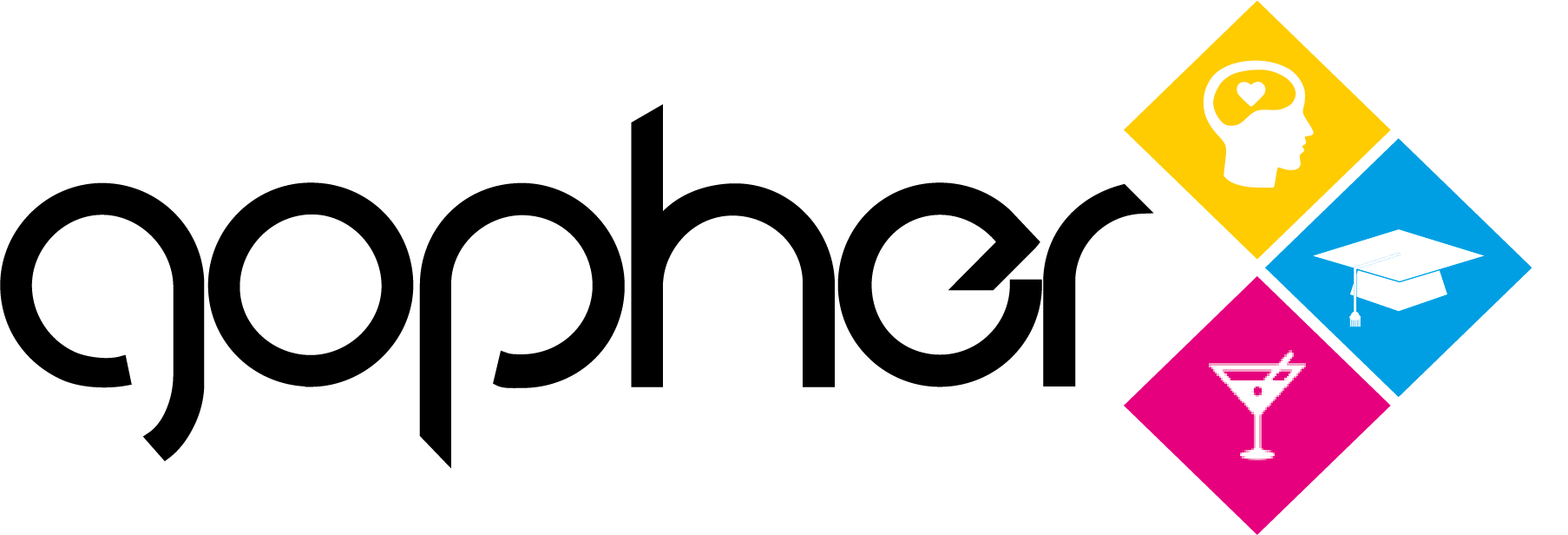Interview with... Els van Rooij
Els van Rooij has now almost finished her PhD at the Department of Teacher Education. She had been a member of the Gopher board for 3 years, a member of the PhD council of the Faculty of BSS for one and a half year, and she was part of the Program Team of the PhD Day 2017. Next to these PhD-related board positions, she is doing volunteer work as a coach for secondary school students from low socioeconomic backgrounds: she weekly visits a 13-year old student to help him with his schoolwork.
Q: What did you gain from participating in these activities?
Els: Before joining Gopher, I had never been part of any board and hardly knew any other PhD students. From Gopher and the PhD Day, I learned several organisational skills and got to know many more PhD students. By being in a PhD council I gained a lot of insight into how the faculty's Graduate School works (or doesn't work) and I was able to represent and help my fellow PhD students. All these activities served as a distraction from my PhD work. People think I'm crazy for being in 3 boards during the final year of my PhD, but honestly, I needed it. Otherwise I would have driven myself crazy working 24/7 on the thesis. As a volunteer coach, my biggest gain besides helping the children is that it totally puts me back into reality and out of all the PhD worries. For example, at the end of the workday, when you're completely stuck on your analyses or you are just not making any progress on a stupid paper, you go to this child and then you listen to all these typical teenager problems (teacher X is a bitch, some classmates are weird, etc.) and you try to help him figure out his easy homework. Life seems so simple then.
Q: What are your main challenges while participating in these activities and how do you overcome them?
Els: Hmm… That's a difficult question. Sometimes I find it hard to stay politically correct/professional when things or people annoy me, but I've come to see that more as a personality flaw than as a challenge (self-knowledge is also something you gain from these extracurricular activities). Also, for me it is challenging to deal with the cultural differences that exist in the international PhD community; I really had to learn that Dutch directness and honesty isn't always appreciated.
Q: How do you view your future after your PhD study?
Els: For the next years, I will stay at University of Groningen (UG). From October 16th I will be working as a postdoc on two projects, in two faculties. I will stay at my old department at BSS for two days a week where I do research on doctoral success: I am looking at factors that influence timely completion of the PhD, satisfaction with the PhD trajectory, and the transition to a career inside or outside academia. I already started data collection for this project - that horribly long PhD survey that many UG PhD students completed (thank you!) was part of it. The other three days I will be working at the Institute for Science Education and Communication at Zernike. I am going to investigate science students' motives to start a teacher training minor during their bachelor and factors that influence how successful they are in this programme and if and why they continue to do a master in teacher training. The reason for this research is that in the Netherlands, as in many other countries, there is a serious teacher shortage, especially in the science subjects.
I am very excited about this new job, because I like both topics, I think they are very important, and the results will have practical implications. Also, after four years in the same department, I am happy to move to another location for part of the week, because the change is good for my restlessness.
Of course, postdoc contracts are only short term. I honestly have no idea what I will do after this. I think I would like to keep working at a university, because I love the university environment, but that doesn't necessarily have to be in Groningen. Although this is the place I feel most at home, there's also nothing keeping me here. So all options are open - I don't know if that's good or scary.
Most of us would agree that a PhD life can be stressful. To relieve stress, we do not always need to work harder. Els has shown us that sometimes distracting ourselves by joining other non-work-related activities can bring even better benefits. This of course must be done with balance and this balance for each of us do not have to be the same.
This interview was conducted by Hataitip Tasena.

